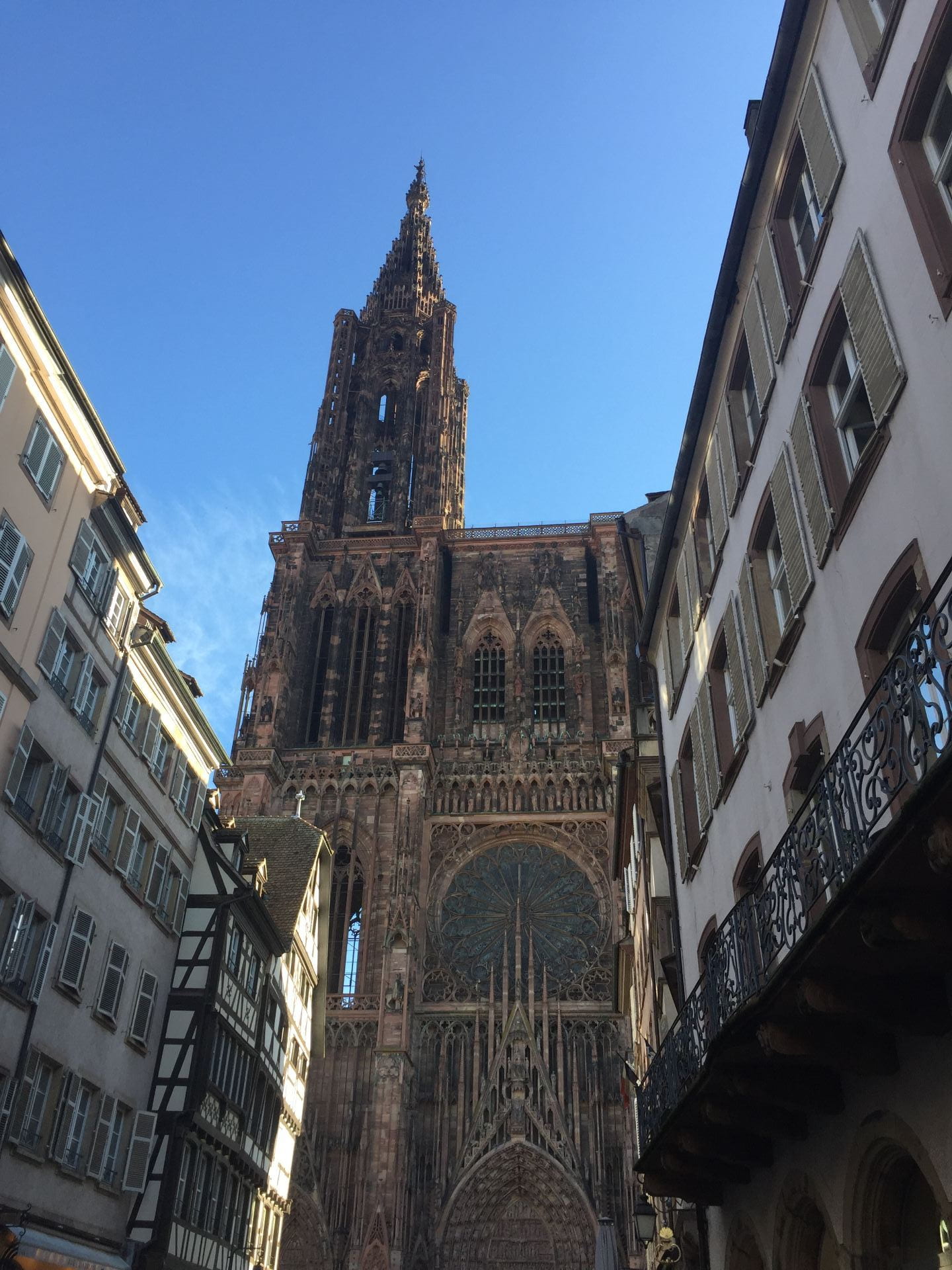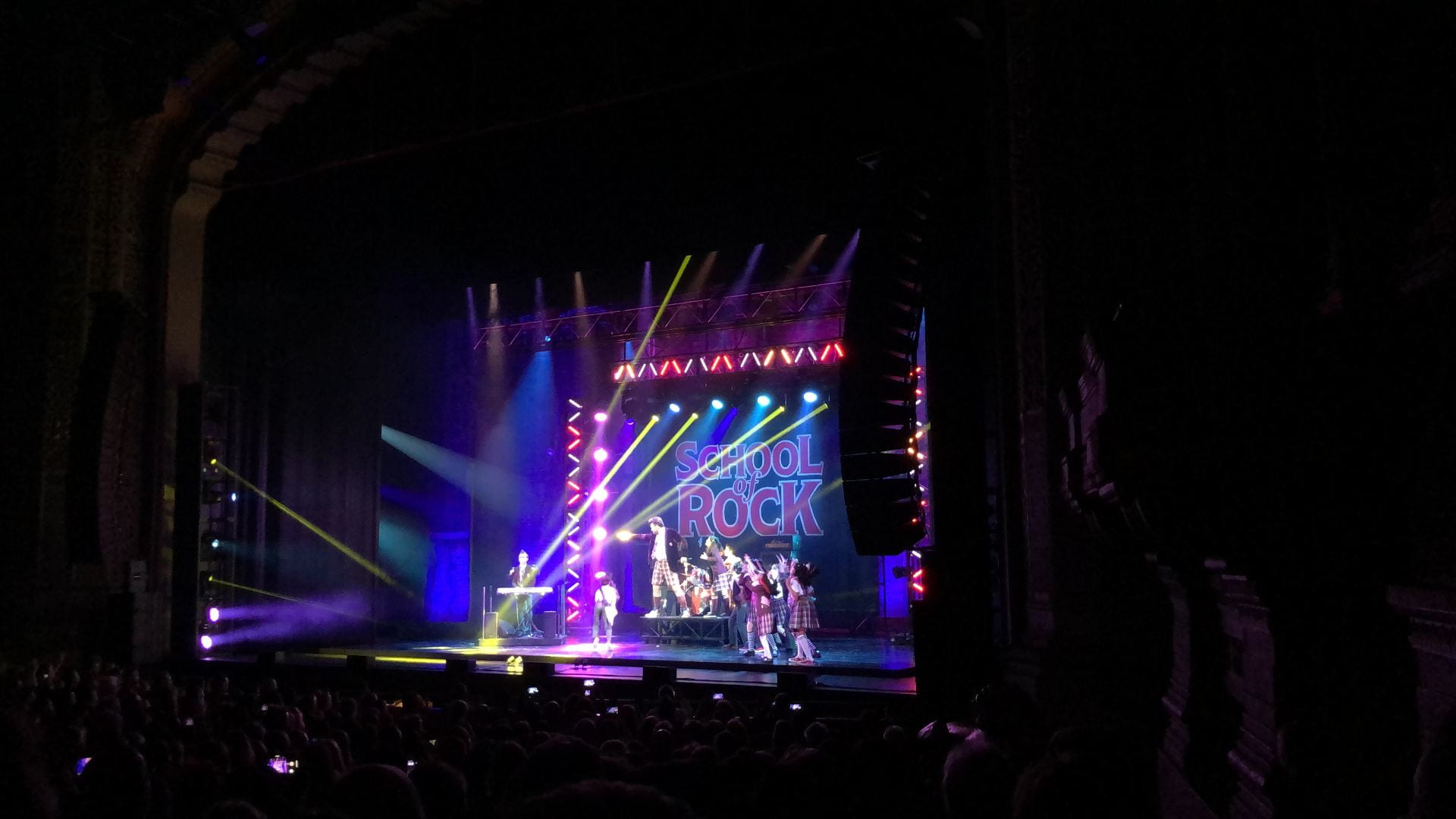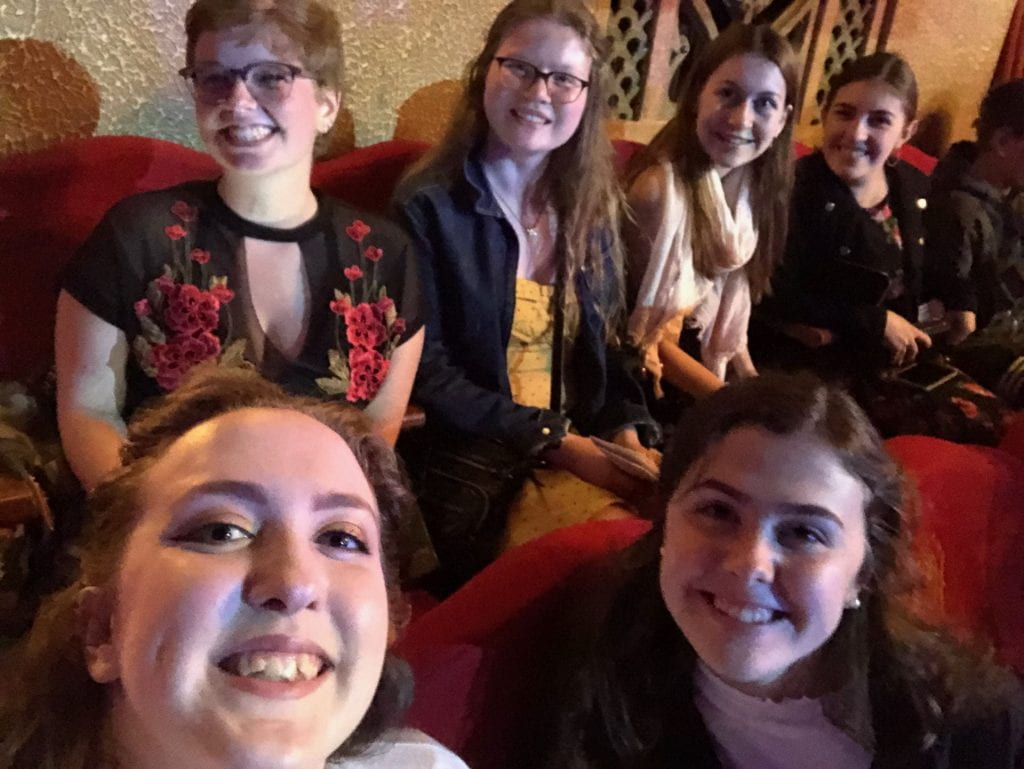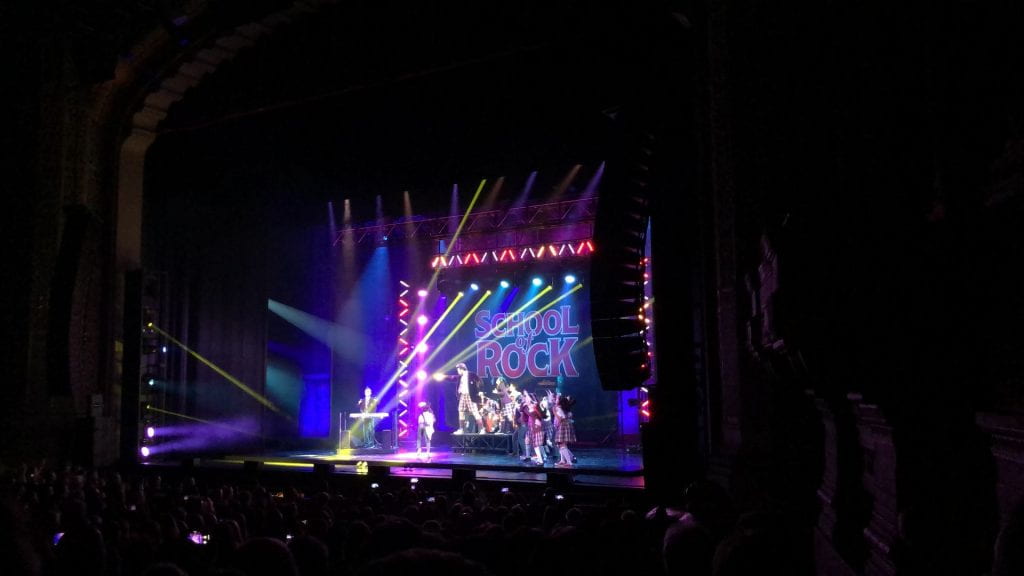
Submitted by Ceara Stewart on the 2019 fall semester study abroad program in Barcelona, Spain…
These past few weeks have been filled with a lot of adventures, new experiences and a little bit of apprehension.
Week 4, we went to Zaragoza. It was a weekend trip filled with a huge amount of history. We visited the Palacio de la Aljafería, a palace that has been between the hands of the Christians and Muslims for centuries. It is here I got to further my knowledge of the territorial struggle and architectural change that came to Spain through various years of Christian and Muslim rule. We also visited the Basílica de Nuestra Señora del Pilar and toured the remaining Roman ruins. Coincidentally, we happened to go to Zaragoza during the beginning of their week long festival celebrating La Señora del Pilar.
On our way back from Zaragoza, we stopped in the town of Belchite. This town holds the aftermath of the Spanish Civil War. As we walked among the ruins, we learned about the the destruction of the town and the lives that had been lost. The town is preserved today because Franco wanted to remind his opposers what lengths he would go to create a Spain in his vision. To us, it was a reminder of the horrors that Franco put his citizens through. Coincidentally, during my 5th week in Barcelona, it was announced that Franco’s body will be removed from his tomb and moved to the town where he was born. This helped give closure to families still mourning those Franco killed.
Week 6 is interesting. On Monday, news came out that the political prisoners from the 2017 Referendum were sentenced to many years in prison. This sparked a fury in the Catalan citizens who favor independence. Throughout the weeks, protests have caused public transport to be majorly effected. At night, trash bins and cars are set on fire. During the day, the streets are filled with people shouting for the freedom of the prisoners and the need for independence. Throughout the region of Catalonia, people have been marching towards Barcelona and today the highways were filled with masses of people and most streets were shut down. Police were sent from Madrid and at times the demonstrations get brutal. Classes have been affected too and yesterday the school canceled classes even ones which had midterm exams because of fear of demonstrations. Thankfully, most of these protests are peaceful and they should be over by the end of the week.
I can say though that I am “lucky” to be here during a time when politics are anything, but set. I get to see first hand the effects of taxation without representation and the political unrest that results from it. For those wanting independence it is a long road ahead, but for us outsiders, we have really gotten to appreciate our time here and we are excited to see what occurs in the next couple of months.





.


















